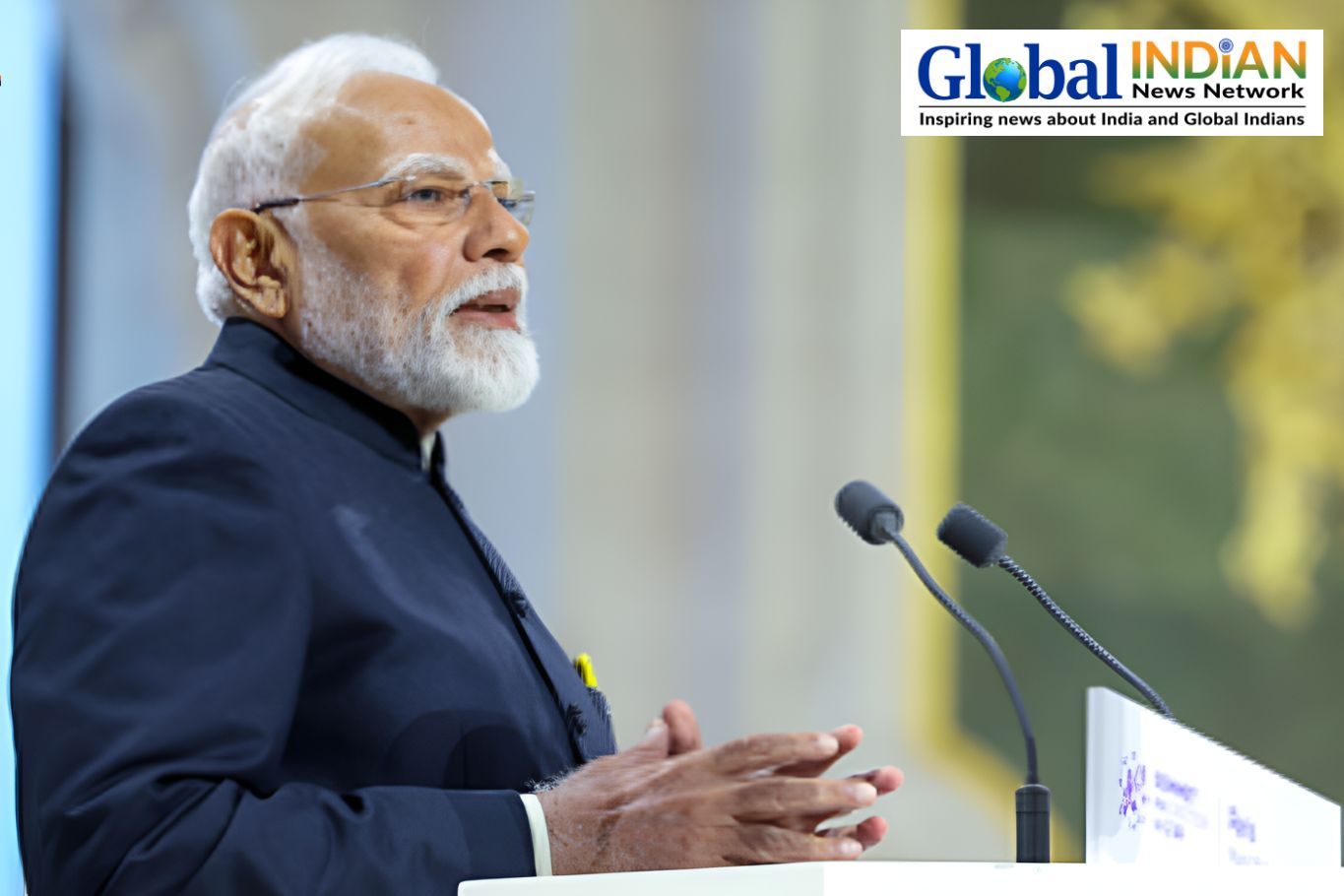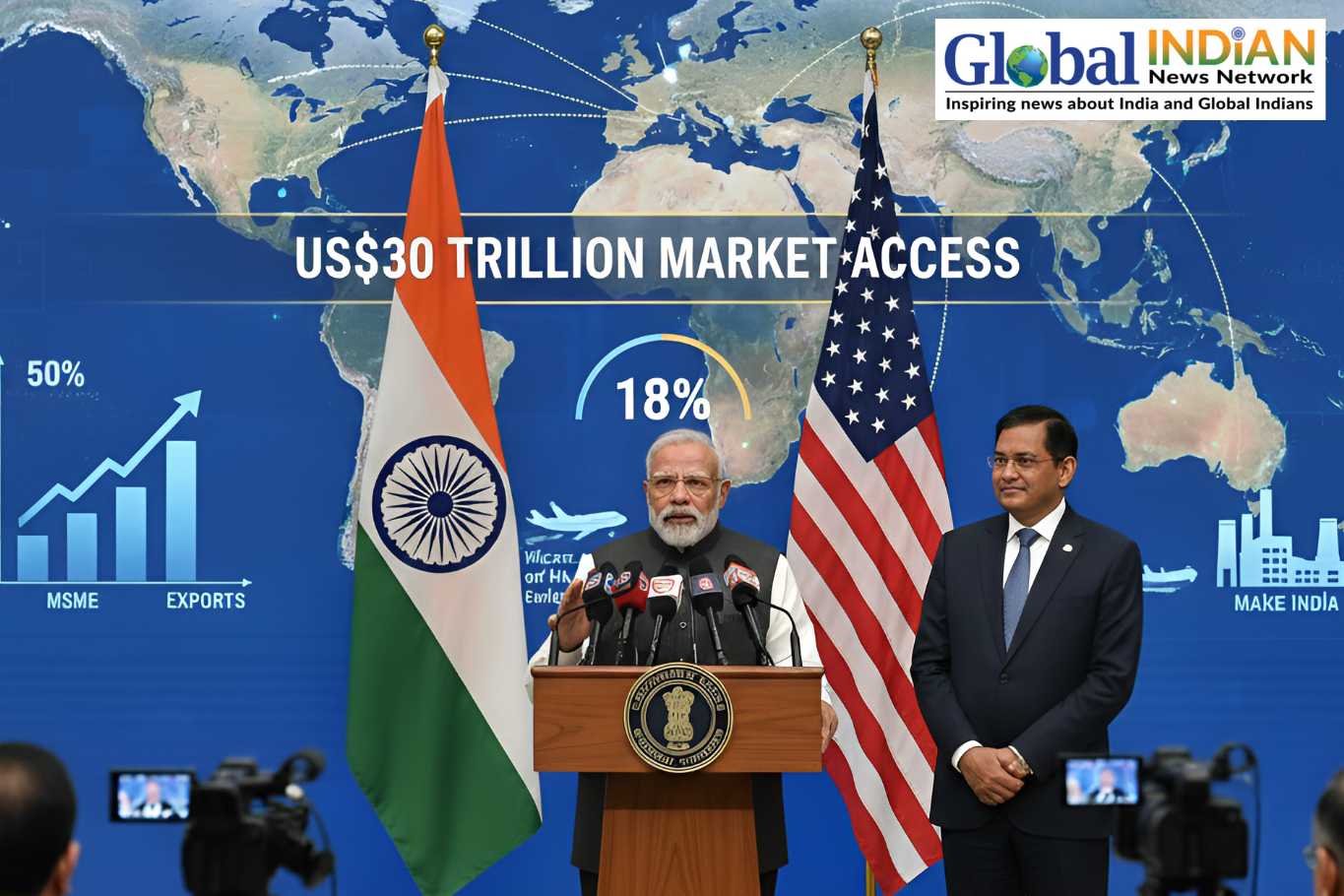
On Tuesday, the Indian startup ecosystem celebrated the Union Budget 2024’s decision to eliminate angel tax, which had been levied on funds raised by startups from angel investors. This move is seen as a significant boost for the startup community, aiming to enhance entrepreneurial activity and support innovation.
Union Finance Minister Nirmala Sitharaman highlighted that the removal of angel tax is designed to strengthen the startup environment, stimulate entrepreneurship, and foster innovation. Varun Gupta, Co-Founder of BOULT, noted that this change is particularly beneficial for early-stage startups and reflects the government’s commitment to supporting startup funding. He also emphasized the broader economic benefits, including job creation, skill development, and support for MSMEs and manufacturing.
Neha Singh, co-founder of Tracxn, pointed out that the elimination of angel tax is expected to restore investor confidence in India, especially as startup funding has seen a decline. A recent Tracxn report revealed a 13 percent drop in funding in the first half of 2024 compared to the same period in 2023. Singh added that this move positions India as a global innovation hub, enhances domestic capital formation, and improves the ease of doing business.
The Fintech Association for Consumer Empowerment (FACE) supported the decision, stating that it will benefit the startup ecosystem and foster innovation. They also welcomed additional measures, such as the credit guarantee scheme and increased Mudra loan limits, which are set to invigorate the manufacturing and services sectors.
Angel tax, introduced in the 2012 Union Budget by then Finance Minister Pranab Mukherjee, aimed to curb money laundering and identify fraudulent firms by taxing the premium paid by investors as income. This taxation, at around 31 percent, caused significant issues and dissatisfaction within the startup community.
M Ramakrishnan, Managing Director at Primus Partners, expressed relief over the abolition of angel tax, which had been a long-standing request from both founders and investors. Ankur Mittal, Co-founder of Inflection Point Ventures, added that this regulatory clarity is likely to be welcomed by global investors and should help startups raise capital both domestically and internationally.









